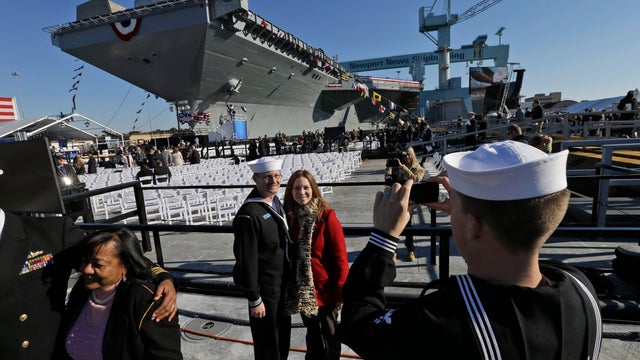
New warship "poster child for how you don’t build a ship," says ex-Navy secretary
President Donald Trump visited the Navy's newest carrier, which is expected to cost $13 billion to build
Watch CBS News

David Martin has been CBS News' national security correspondent, covering the Pentagon and the State Department, since 1993. In that capacity, he has reported virtually every major defense, intelligence and international affairs story for the "CBS Evening News," as well as for other broadcasts, including "60 Minutes" and "48 Hours." He also contributed to "60 Minutes Wednesday."
During the invasion of Afghanistan and the war in Iraq, Martin's in-depth knowledge of how the State Department, intelligence community and military operate, both on the battlefield and in Washington positioned him as the "big picture" reporter for CBS News. Utilizing his own sources and reports from CBS News correspondents in the region and around the world, as well as in Washington, he explained and assessed the military's strategies and operations for viewers.
Martin broke several significant stories before and during the Iraq war. He was the first to report on the opening night of the war, that the U.S. was launching a strike on a palace bunker in southern Baghdad in an attempt to take out Saddam Hussein. Martin also broke the story of the military's "shock and awe" strategy for its initial strike on Baghdad. During a trip to Iraq in May 2003, he was the first journalist to visit and report on Dora Farms, where Saddam was said by the CIA to have been hiding on the opening night of the war.
Martin has received several Emmys, most recently in 2012 for his story "Starting Over." He has also received two Alfred I. duPont-Columbia University Awards (2002 and 2004) for his body of work, most of which has appeared on the "CBS Evening News" and "60 Minutes Wednesday."
Regarding the first Alfred I. DuPont-Columbia University Award, the award committee said that his "consistently excellent reporting on the beat of national security hit its peak this year....break[ing] news on a wide range of defense and security stories with details that only experience and doggedness can ferret out. This is exemplary reporting that repeatedly breaks through the barriers of official statements."
In awarding the second DuPont, the committee said, "David Martin's reports on the Pentagon, the military build-up to the Iraq war and on the war itself demonstrate his exceptional grasp of national security issues. Teamed with his long-time producer, Mary Walsh, Martin consistently breaks new information with clear reporting on the Pentagon's goals. He exemplifies the role of a journalist: to measure what we are being told against what we find out."
Martin also received the 2004 Joan S. Barone Award for excellence in Washington-based national affairs and public policy reporting awarded by the Washington Radio & Television Correspondents' Association.
He joined CBS News as its Pentagon correspondent in 1983. Martin's duties later expanded to include the State Department and intelligence beats.
Before that, he covered defense and intelligence matters for Newsweek magazine from its Washington bureau (1977-83). Martin was a reporter with the Associated Press in Washington (1973-77), covering the FBI and CIA. He also was a member of the AP special assignment team (1977).
Martin began his journalism career as a researcher for CBS News in New York in 1969. He then became a news writer with the AP broadcast wire (1971-72) and a fellow at the Washington Journalism Center (1973).
Martin is the author of two books, "Wilderness of Mirrors" (Harper & Row, 1980), an account of the secret wars between the CIA and KGB, and "Best Laid Plans: The Inside Story of America's War Against Terrorism" (Harper & Row, 1988).
He was born July 28, 1943, in Washington, D.C. He graduated from Yale University in 1965 with a bachelor's degree in English. During the Vietnam War, Martin served as an officer aboard a U.S. Navy destroyer.
Martin and his wife, Dr. Elinor Martin, live in Chevy Chase, Maryland. They have four children.

President Donald Trump visited the Navy's newest carrier, which is expected to cost $13 billion to build
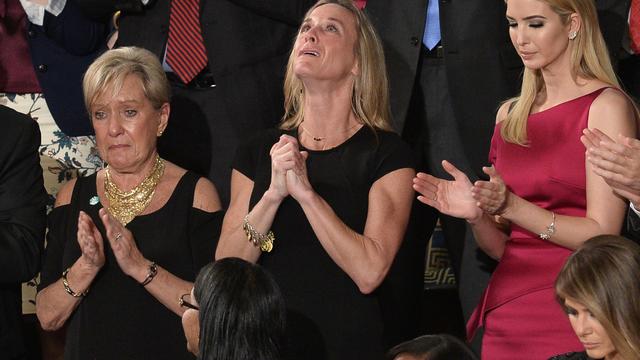
President Trump, who authorized the raid, blamed his generals for the death of Ryan Owens earlier Tuesday

Abu al-Khayr al-Masri is a son-in-law of Osama bin Laden, and he was implicated in the 1998 bombings of two American embassies in Africa
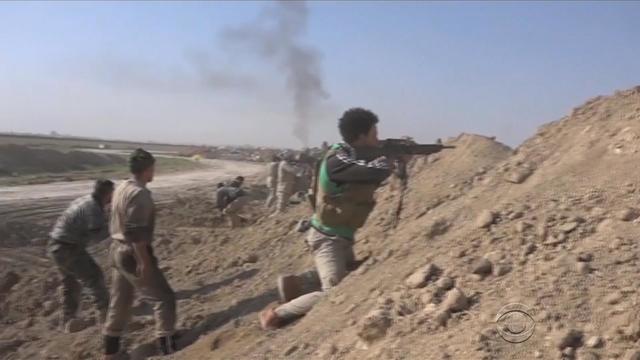
U.S. advisers are operating closer to the front lines in an attempt to help the Iraqis better coordinate their attacks
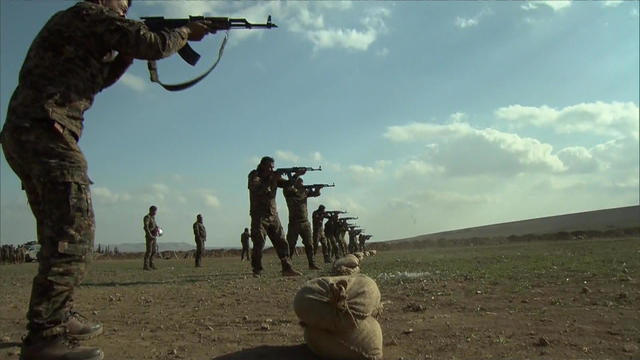
CBS News got a look inside an American special operations base in Syria which serves as a hub for the campaign
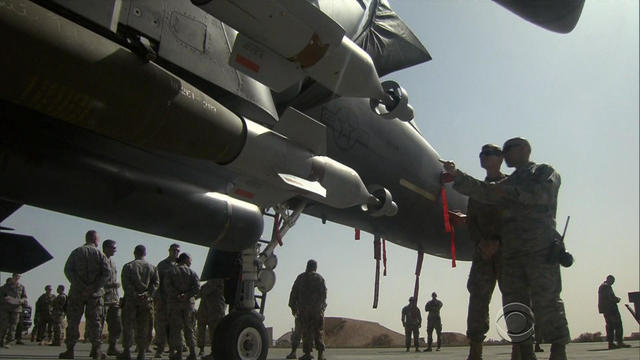
CBS News' David Martin reports from Iraq, where Iraqis are expecting the taking of West Mosul to be a tough fight
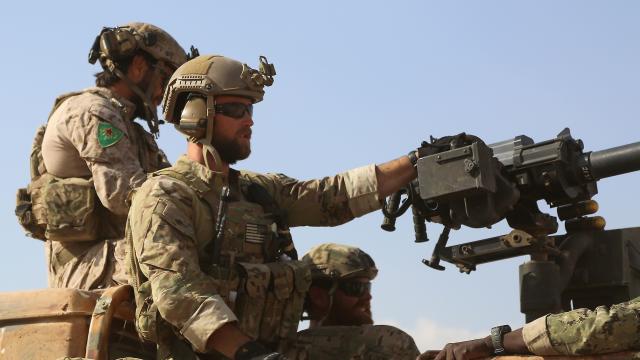
U.S. commander suggests he may not be willing to wait for regional forces alone to oust militants from their self-declared capital

Russia deployed a cruise missile specifically banned by a 1987 treaty and has buzzed a Navy destroyer
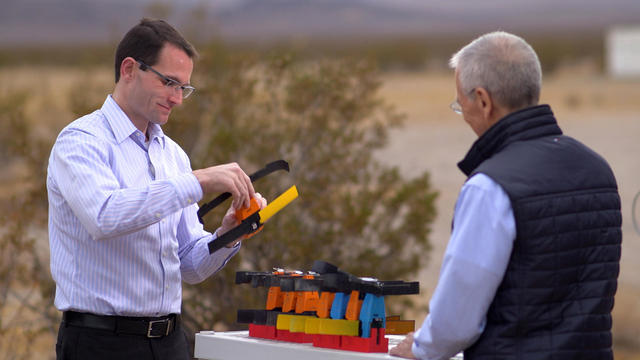
Autonomous drones are being called the biggest thing in military technology since the nuclear bomb. David Martin reports.
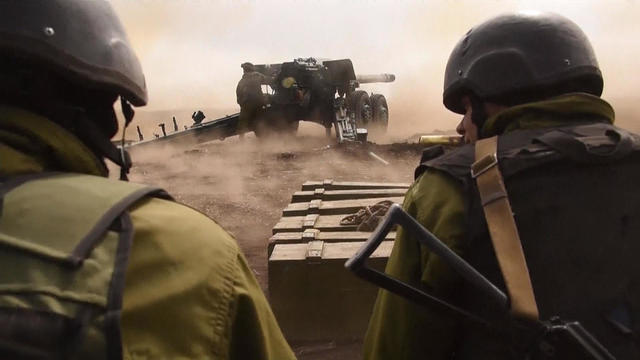
Fancy Bear, which also hacked the DNC, got into an app Ukranian forces used to target artillery fire
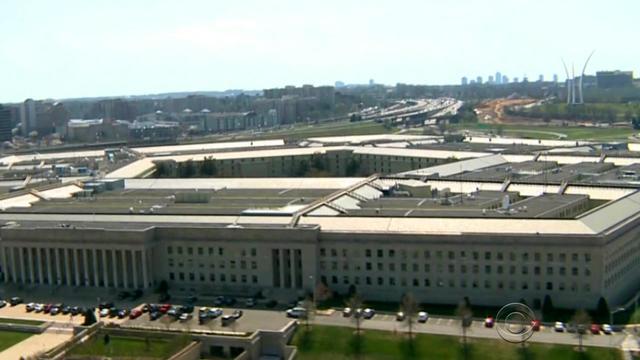
The 2015 attack on Pentagon computers was not spying, but a full-on assault with the only apparent purpose to cause damage
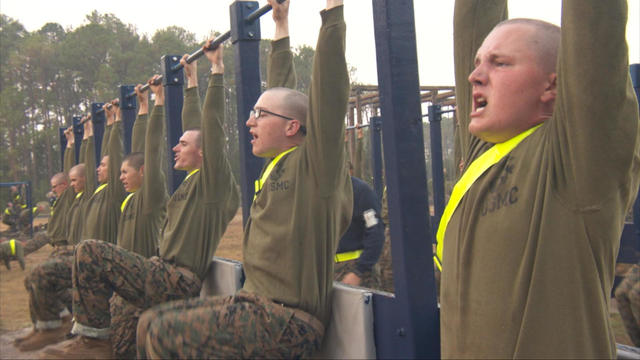
The most serious case involves a Muslim recruit who allegedly jumped to his death after being slapped and choked
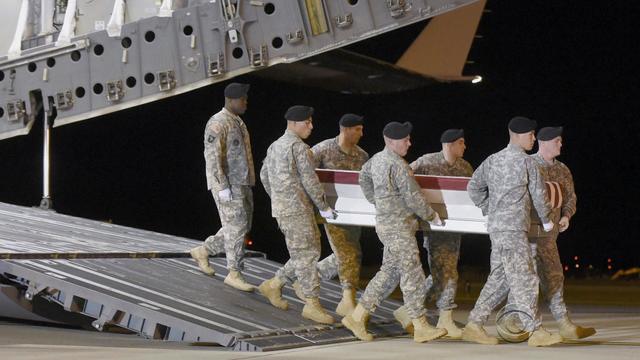
FBI is investigating whether what was first believed to be an accidental shooting was something more sinister

CBS News got a ride on board the stealthy, highly advanced warship, which cost an astronomical $4 billion
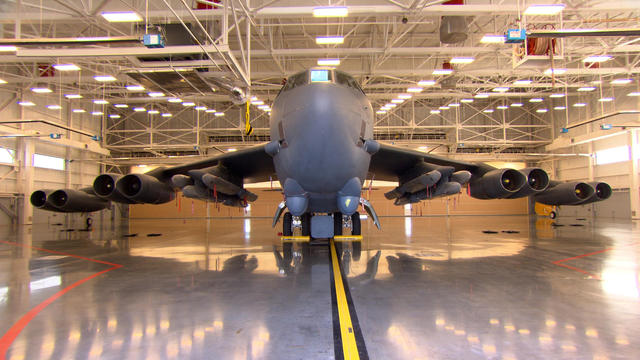
What are the chances the next president would have to make a decision on whether to use nuclear weapons? It’s greater than you might think